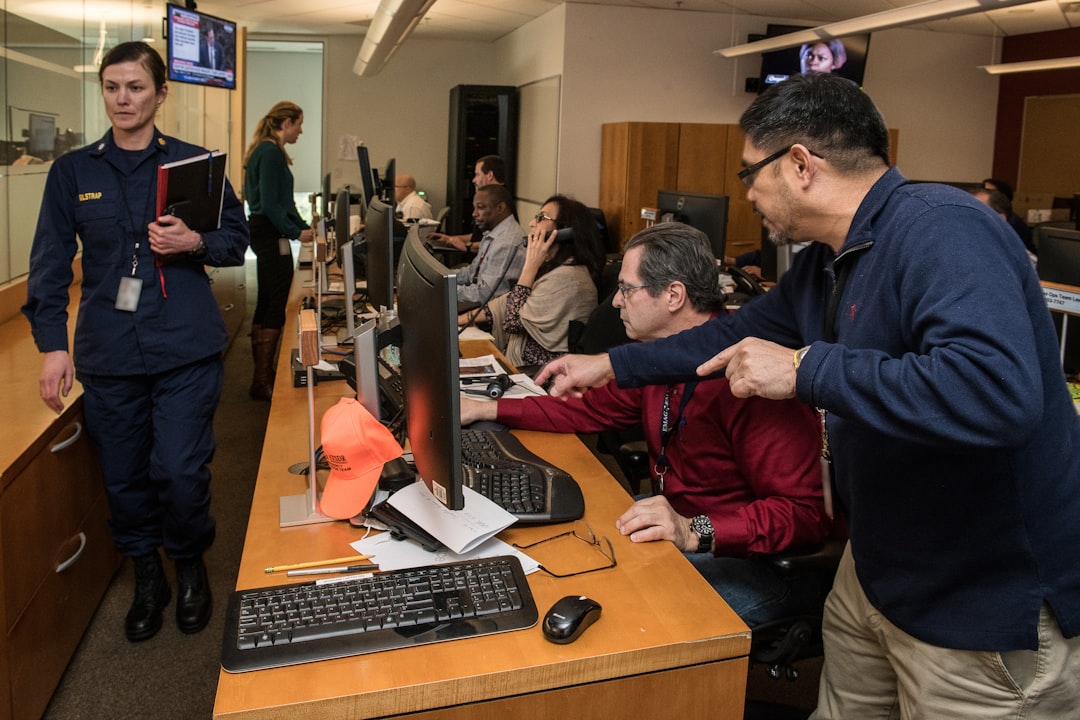
Financial literacy refers to the ability to understand and manage your personal finances effectively. It includes knowledge and skills such as budgeting, saving, investing, and making informed financial decisions. Financial literacy is essential for everyone, regardless of their income level or financial goals. It empowers individuals to take control of their money, make informed decisions, and build a strong financial future.
The importance of financial literacy
Financial literacy is crucial for several reasons. Firstly, it helps you make informed financial decisions. By understanding concepts like interest rates, credit scores, and investment strategies, you can evaluate your options and choose the best course of action. This knowledge can save you money in the long run and help you avoid costly mistakes.
Secondly, financial literacy enables you to plan for the future. Whether you want to retire comfortably, buy a home, or start a business, having a solid understanding of personal finance is essential. It allows you to set realistic goals, create a budget, and develop a long-term financial plan.
Lastly, financial literacy promotes financial well-being and reduces stress. Money-related stress is a common concern for many individuals and can negatively impact mental and physical health. By improving your financial literacy, you can gain confidence and peace of mind in managing your money effectively.
Why choose online courses?
Now that we understand the importance of financial literacy, let’s explore why online courses are a great option for improving your financial knowledge and skills. Here are some key advantages:
Convenience: Online courses allow you to learn at your own pace and on your own schedule. You can access course materials and lectures from anywhere with an internet connection, making it convenient for busy individuals.
Affordability: Online courses are often more affordable than traditional in-person classes. You can find a wide range of free or low-cost options, making financial literacy accessible to people of all financial backgrounds.
Flexibility: Online courses offer flexibility in terms of time commitment and course selection. You can choose to focus on specific topics that interest you or complete comprehensive programs based on your needs and preferences.
Interactive learning: Many online courses incorporate interactive components such as quizzes, assignments, and discussion forums. These activities enhance your learning experience and provide opportunities to apply your knowledge in real-world scenarios.
Choosing the right online course
When selecting an online financial literacy course, consider the following:
Reputation: Research the course provider to ensure they have a good reputation and positive reviews from past participants. Look for courses developed by reputable institutions or industry experts.
Course content: Review the course syllabus or description to see if it covers topics that align with your learning goals. Consider the depth of the content and whether it provides practical strategies and tools for managing your finances.
Format: Determine if the course is delivered through videos, readings, or a mix of both. Consider your preferred learning style and choose a format that resonates with you.
Support: Check if the course provides access to instructors or mentors who can answer your questions and provide guidance throughout your learning journey.
In conclusion, financial literacy is a valuable skill that can improve your financial well-being and empower you to make informed decisions. Online courses offer a convenient, affordable, and flexible way to enhance your financial knowledge and skills. Take the first step towards a more secure financial future by enrolling in a financial literacy course online today.